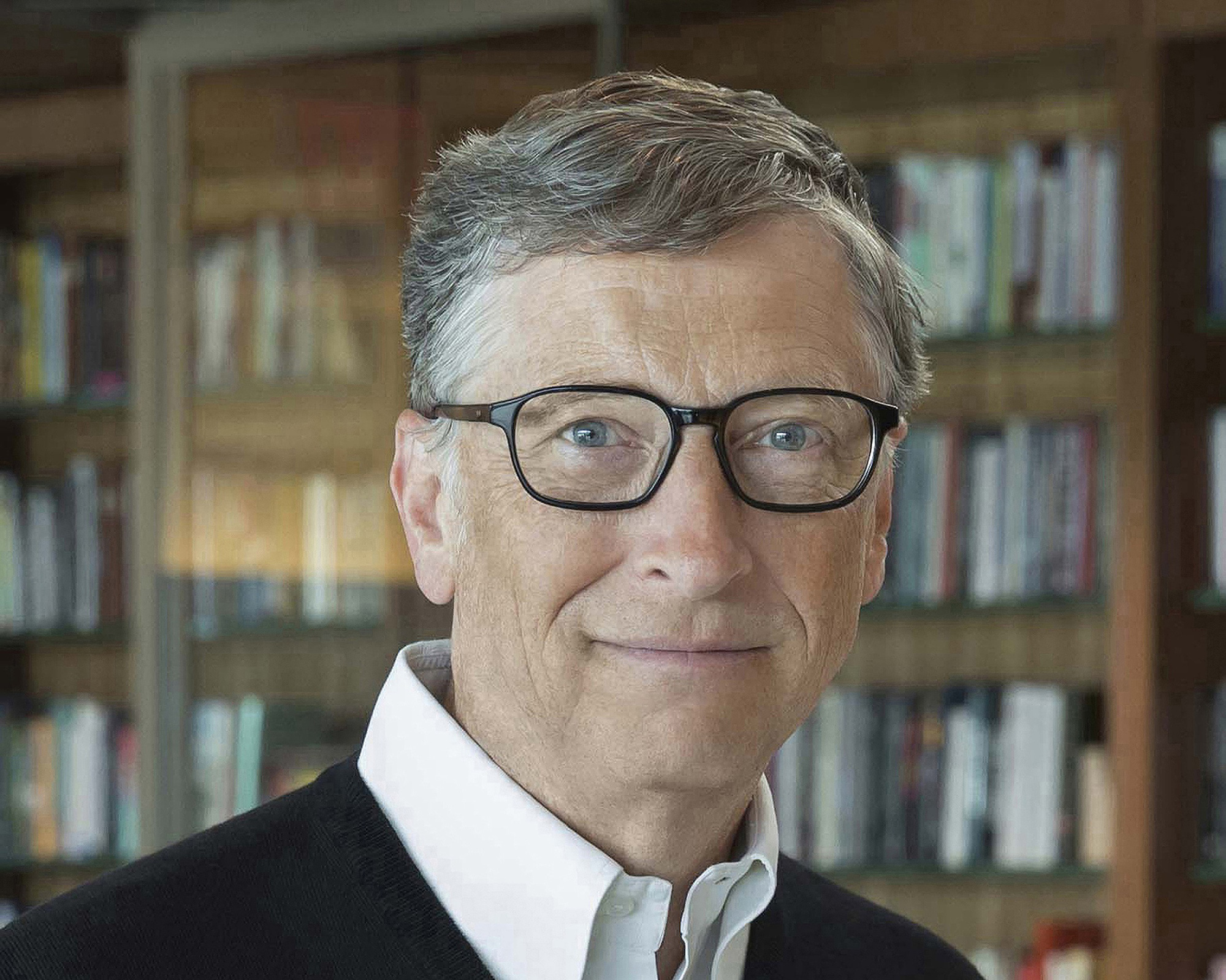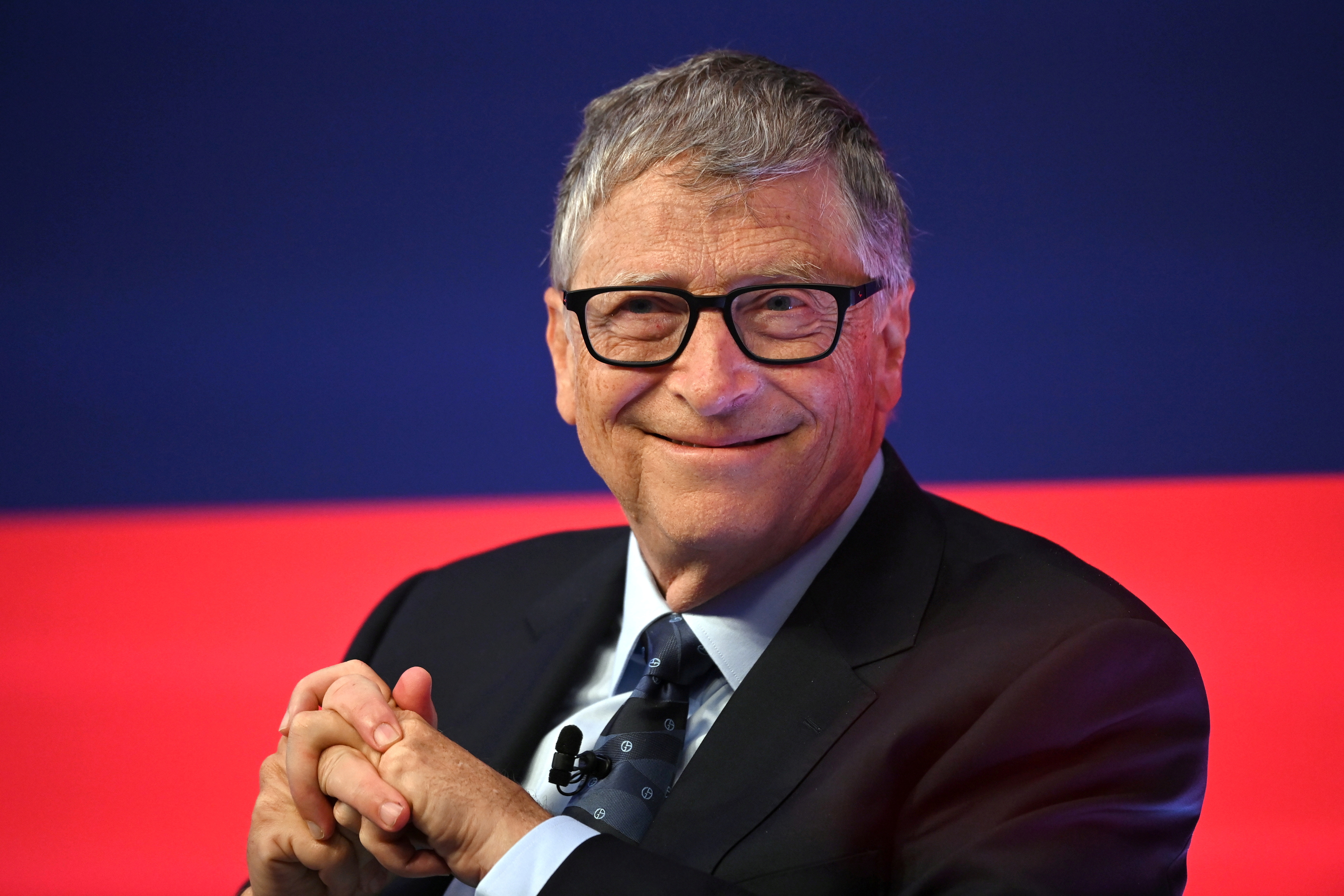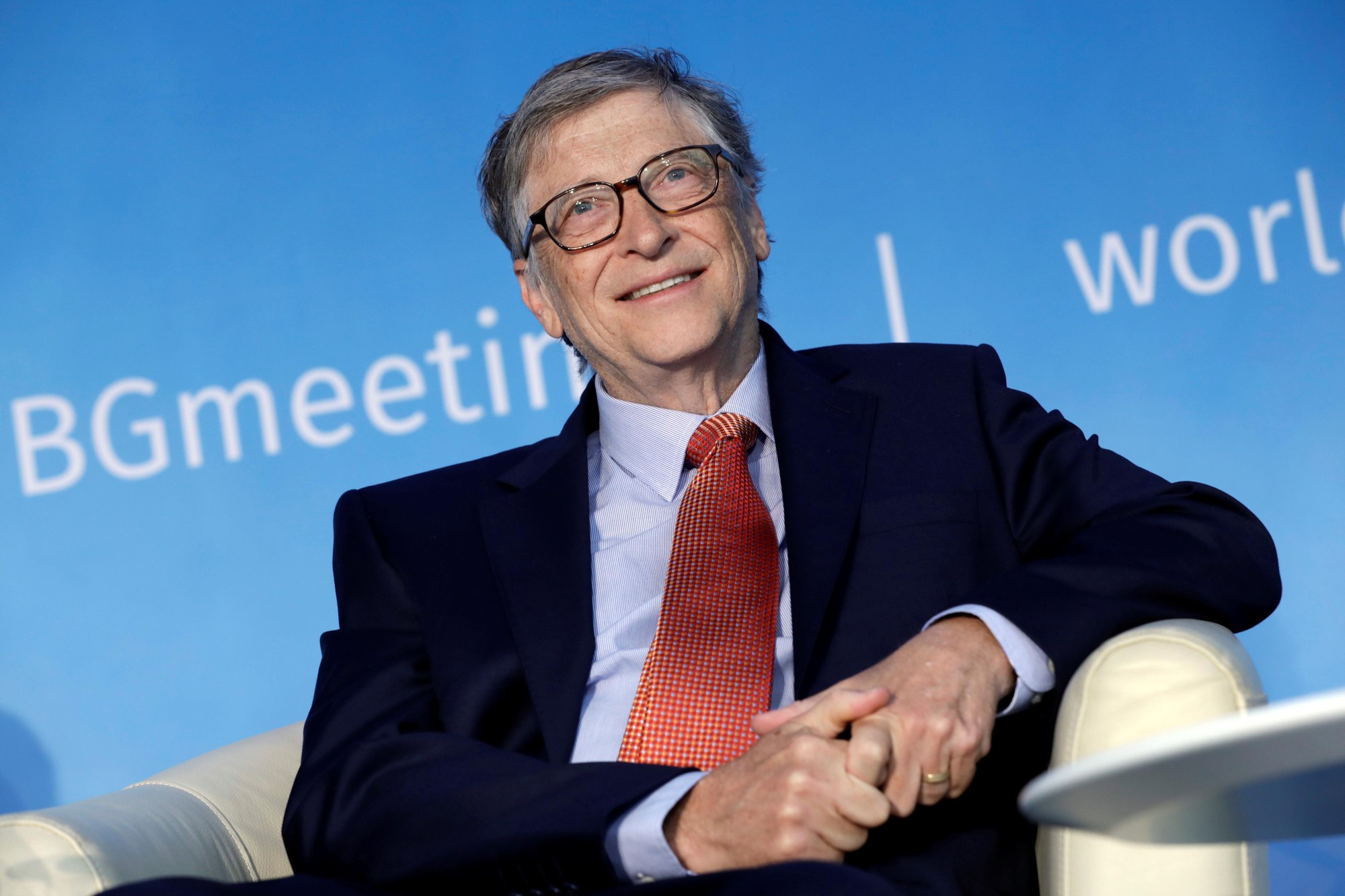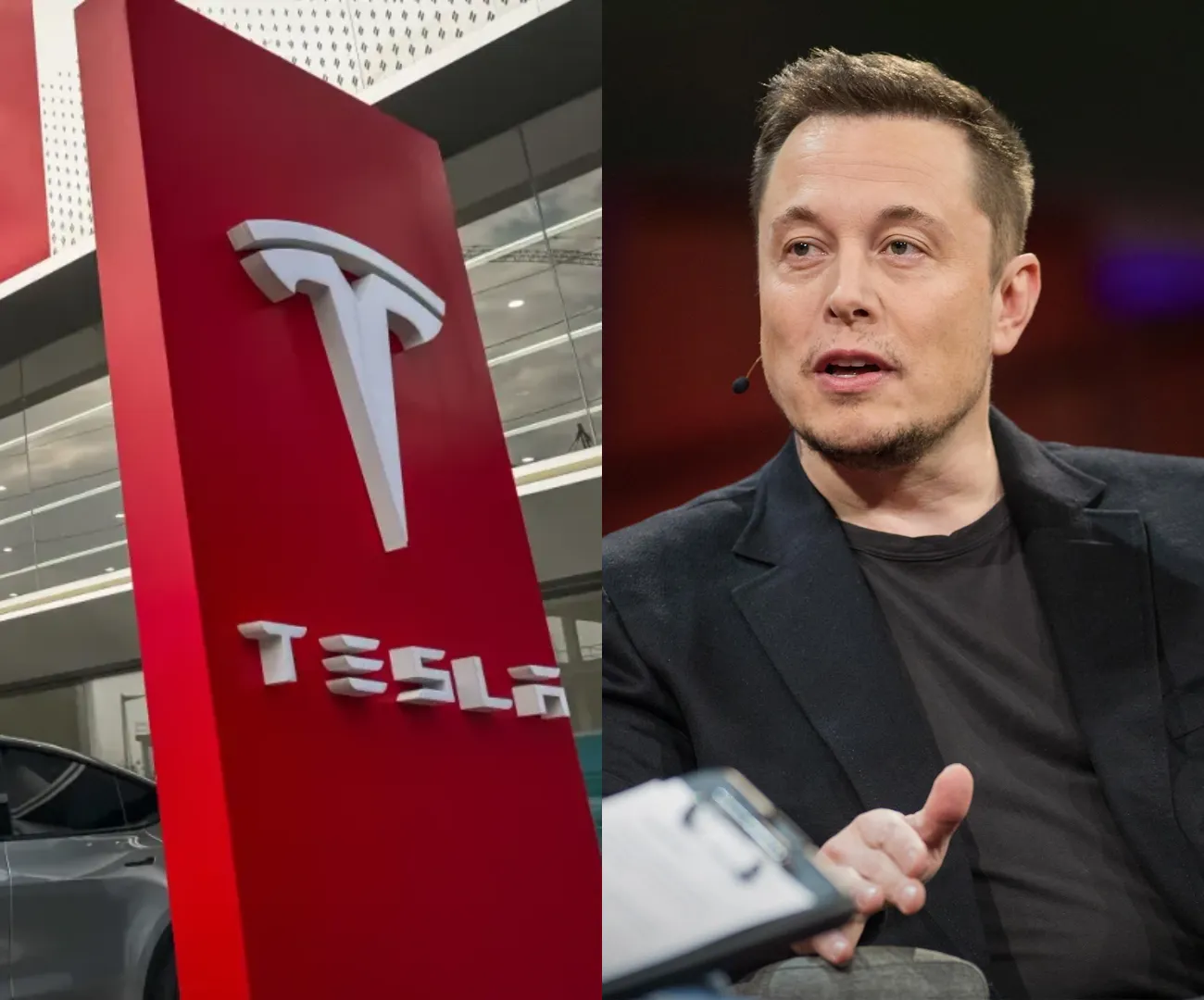
The figure of Bill Gates stands at the center of one of the most intense and controversial public debates in recent years, especially amid the global COVID-19 pandemic and rapid advancements in vaccine technology.
While widely recognized for his enormous philanthropic contributions through the Bill & Melinda Gates Foundation, Gates has also become a target of numerous conspiracy theories and unfounded accusations.
Some narratives depict him as a “psychopath masquerading as a philanthropist,” alleging sinister motives such as population control, secret connections to infamous figures like Jeffrey Epstein, and profiteering from global vaccination efforts.
These claims, though lacking credible evidence, have gained traction in certain circles, reflecting deep social anxieties, misinformation, and mistrust in authority.
To understand this complex phenomenon, it is essential to explore the origins, nature, and implications of these allegations, as well as their broader impact on public health and discourse.
The first major accusation—that Gates is a “psychopath” posing as a philanthropist—derives from a fundamental distrust of powerful individuals who wield significant influence over global affairs.
The Gates Foundation is one of the largest private philanthropic organizations in the world, funding initiatives spanning infectious disease eradication, vaccine development, education, and climate change mitigation.

While many commend the foundation for its positive impact, critics argue that such concentrated influence in private hands undermines democratic accountability.
Labeling Gates as a psychopath is an extreme form of delegitimization, intended to erode public confidence not only in him but also in the programs he supports. This rhetoric reflects fears about unchecked power and the opacity of decision-making in global health governance.
Another persistent claim involves Gates’ alleged advocacy for global population reduction. This accusation is often linked to misinterpretations or distortions of Gates’ statements about family planning and improving health outcomes.
Gates has spoken publicly about the benefits of access to contraception and reproductive health services, emphasizing that when child mortality decreases due to better healthcare, families tend to have fewer children, naturally slowing population growth.
This well-documented demographic trend is a cornerstone of development economics and public health strategy, not a covert agenda for forced population control.
Nonetheless, opponents have weaponized these statements to suggest nefarious motives, portraying Gates as promoting “population reduction” schemes. This misinformation plays into larger fears about loss of autonomy and government or elite overreach.

The reference to Gates’ alleged relationship with Jeffrey Epstein is another controversial and largely speculative point. Epstein, a convicted sex offender with connections to many high-profile individuals, has been the subject of intense scrutiny and conspiracy theories.
While Gates reportedly met Epstein on some occasions, there is no credible evidence to suggest any illicit relationship or involvement in Epstein’s criminal activities.
However, the mere association has been exploited by conspiracy theorists to paint Gates in a negative light, insinuating guilt by proximity. Such claims contribute to a broader narrative that powerful elites are engaged in secretive, unethical networks, fueling public suspicion and outrage.
A particularly provocative allegation is that Gates seeks to “inject every living organism on the planet,” presumably referring to widespread vaccination campaigns.
Indeed, the Gates Foundation has been a major supporter of vaccine development and distribution worldwide, advocating immunization as a key tool in controlling infectious diseases.
Critics, however, interpret these efforts as overreach or as a pretext for profit and control. The assertion that Gates “gets even more obscenely rich” through vaccines ignores the complex economics of vaccine production, global health financing, and Gates’ own public statements pledging to donate the vast majority of his wealth.

Moreover, it conflates philanthropy with commercial interests, obscuring the genuine public health benefits of vaccination programs that have saved millions of lives.
The spread of these unfounded claims is facilitated by social media platforms, where misinformation can proliferate rapidly and reach large audiences. Emotional, sensationalist content tends to garner attention, often overshadowing factual, nuanced discussions.
Algorithms designed to maximize engagement may inadvertently amplify conspiracy theories, creating echo chambers that reinforce mistrust and polarization. The pandemic context, with heightened fear and uncertainty, has further intensified susceptibility to such narratives.
The consequences of this misinformation extend beyond reputation attacks on individuals like Gates. They undermine public health efforts by fueling vaccine hesitancy and resistance to scientifically proven interventions.
When influential figures are portrayed as villains orchestrating harmful agendas, it discourages trust in vaccines and health authorities. This erosion of trust contributes to lower vaccination rates, prolongs outbreaks, and endangers vulnerable populations.
The societal cost of misinformation thus becomes a tangible barrier to controlling pandemics and protecting public health.
Addressing these challenges requires a multifaceted approach. Health communicators and policymakers must prioritize transparency, clear messaging, and community engagement to rebuild trust.
Countering misinformation involves not only debunking false claims but also understanding the underlying fears and values that make certain audiences receptive to conspiracy theories. Promoting media literacy and critical thinking skills is essential to empower individuals to evaluate information sources effectively.

The vilification of Gates also highlights broader societal tensions regarding wealth inequality, power concentration, and the role of elites in shaping global agendas.
As the wealthiest individuals increasingly engage in philanthropy, questions arise about accountability, governance, and democratic legitimacy.
While private funding can accelerate progress in areas where governments fall short, it also raises concerns about influence without electoral oversight.
Engaging in open, inclusive dialogue about the appropriate role of philanthropy in public life is crucial to addressing these tensions constructively.
In conclusion, the harsh accusations leveled against Bill Gates as a “psychopath” with sinister motives around population control, Epstein associations, and vaccination profiteering are not grounded in credible evidence but reflect complex social dynamics of mistrust, fear, and misinformation.
These narratives, while compelling to some, threaten public health and social cohesion by eroding confidence in vaccines and science. Understanding and responding to these challenges requires empathy, transparency, and sustained efforts to promote accurate information and democratic accountability.
Gates’ experience serves as a cautionary tale about the vulnerabilities of public figures in the digital age and the critical importance of fostering trust in science and global cooperation to address humanity’s most pressing challenges.

-1746111025-q80.webp)

-1743561150-q80.webp)